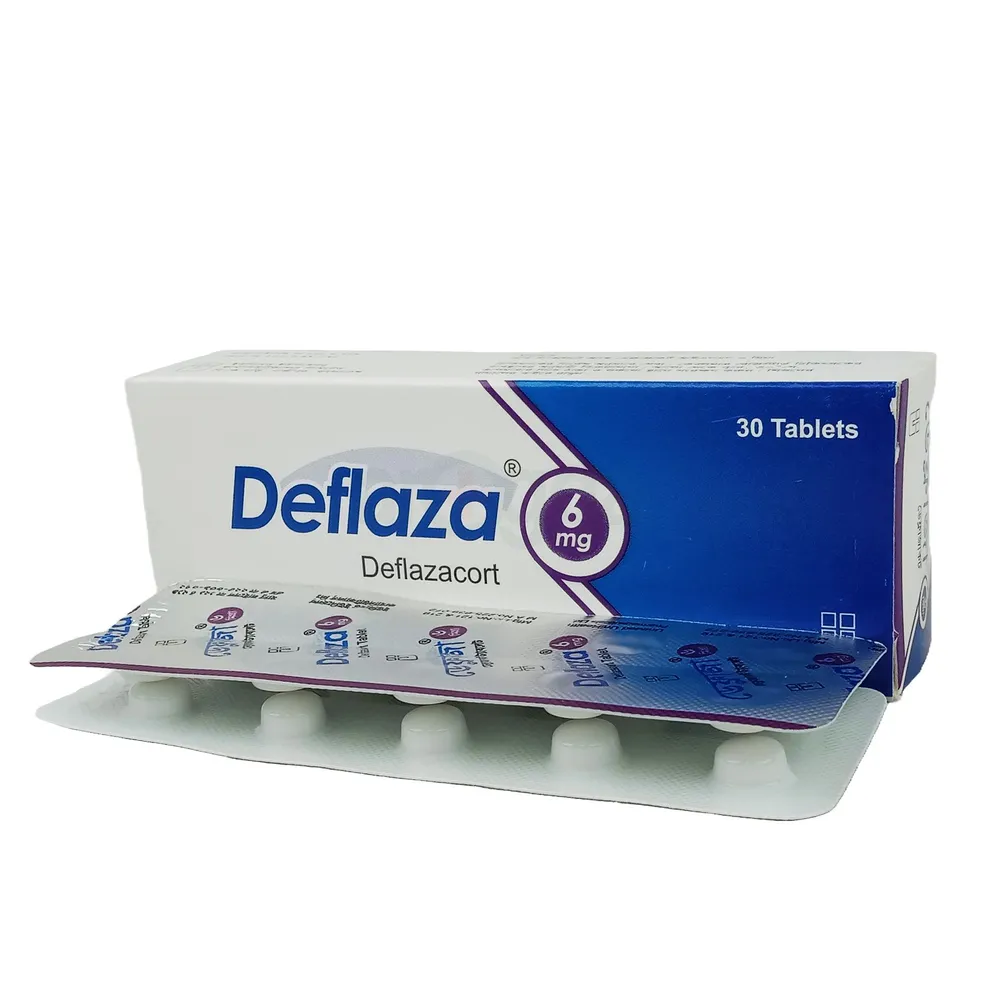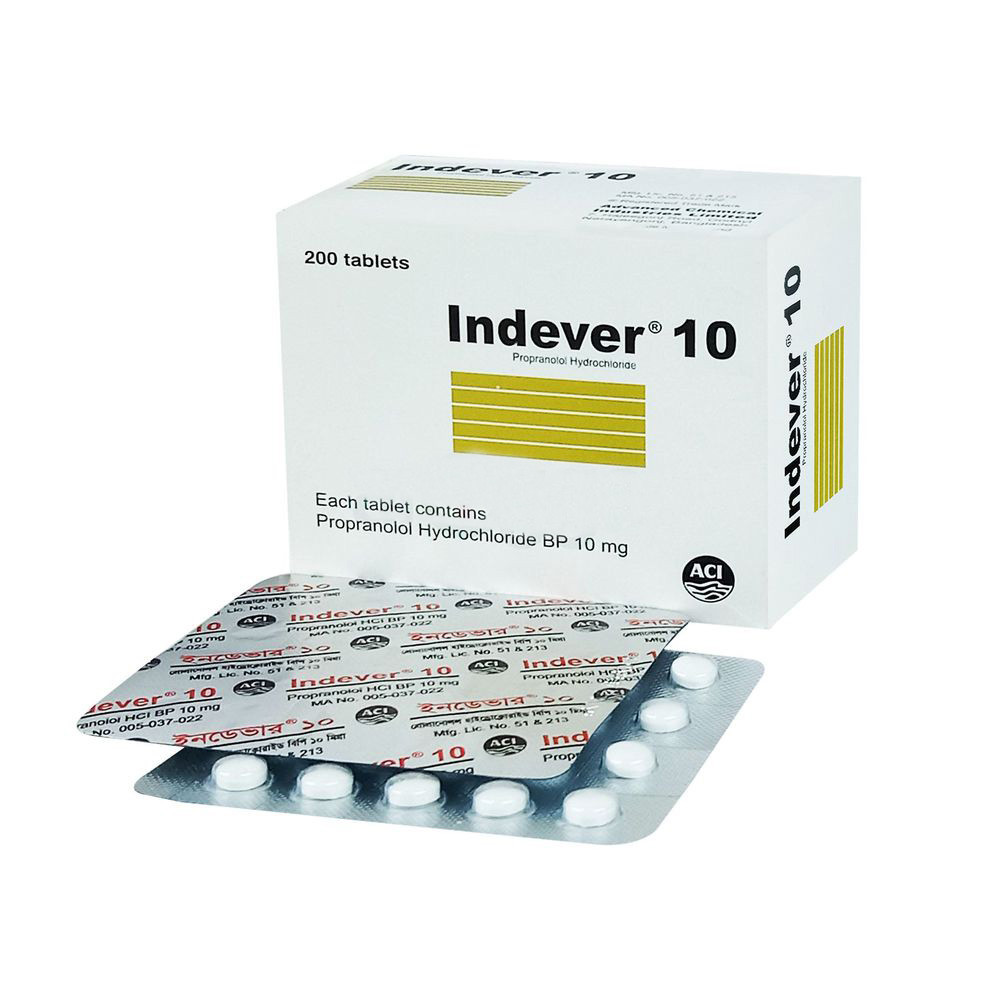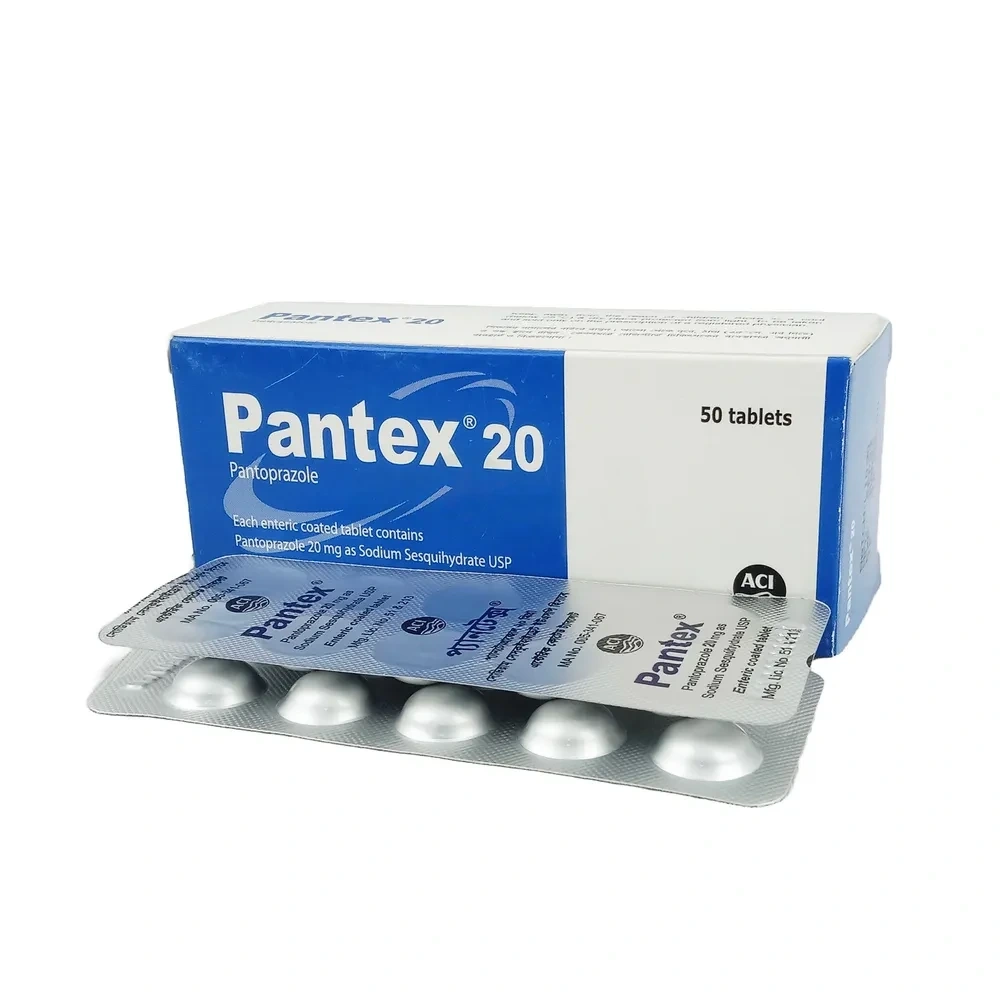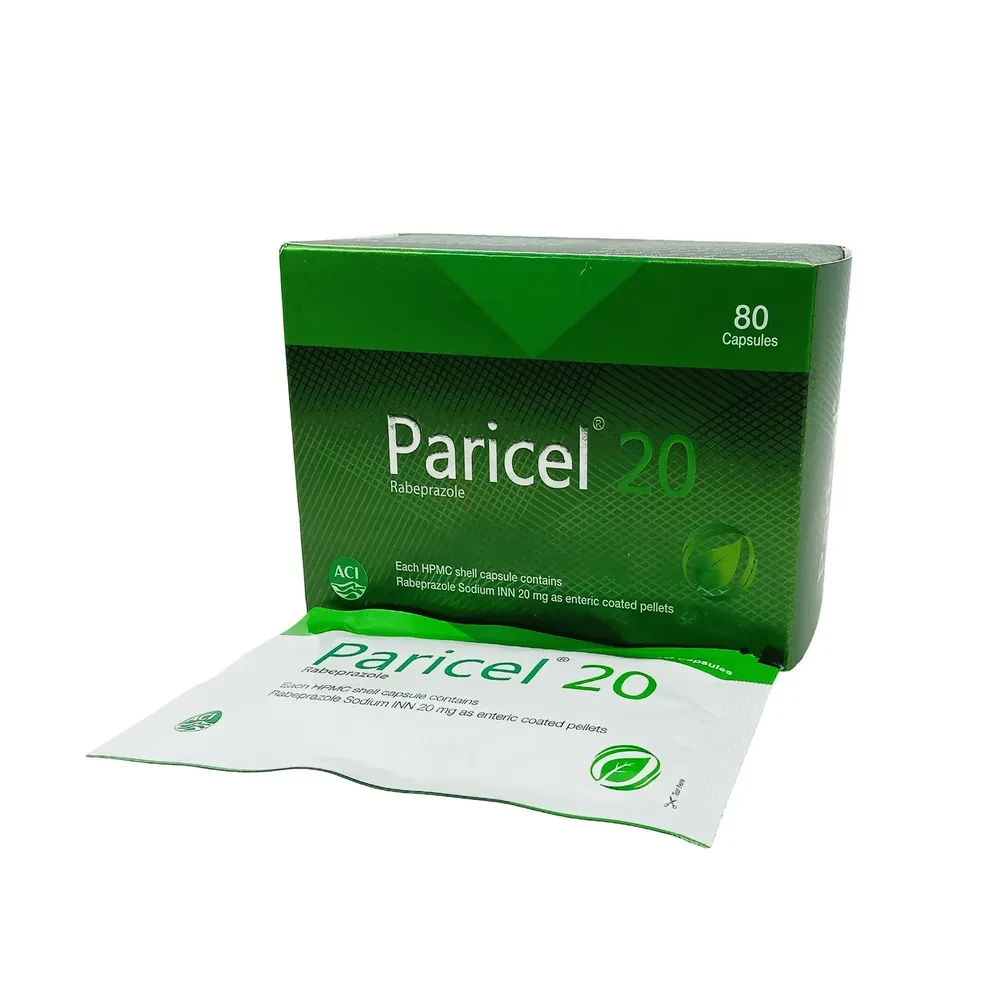Medicine Overview of Defzort 6mg Tablet
Defzort 6 belongs to a group of medicines called steroids. It is used for treatment of various diseases and conditions such as allergic conditions, asthma, cancer, rheumatic disorder, and skin and eye disorders.
Defzort 6 works by inhibiting the release of substances that cause swelling or by changing how the immune system works. It can be taken in an empty stomach or after food. Taking the medicine regularly at the right times increases its effectiveness. It is important to keep taking the medicine regularly until your doctor tells you it is safe to stop.
Taking this medicine can cause few common side effects such as increased appetite, frequent urge to urinate, facial swelling, and abnormal hair growth. If any of these side effects bothers you, let your doctor know.
Defzort 6 can make it harder for you to fight off infections. Tell your doctor if you have any signs of infection such as a fever or sore throat. Before taking the medicine, you should let your doctor know of all the other medicines you are taking. Pregnant and breastfeeding women should consult their doctors before taking the medicine.
Show less
- Severe allergic reactions
- Allergic conditions
- Asthma
- Cancer
- Rheumatic disorder
- Skin disorders
- Eye disorders
- Increased appetite
- Frequent urge to urinate
- Facial swelling
- Abnormal hair growth
- Cushing syndrome
- Cough
-
Defzort 6 helps treat inflammation, severe allergies, flare-ups of ongoing illnesses, and many other medical problems that require either reduction of inflammation or suppression of the immune system.
-
Do not use it more often or for longer than advised by your doctor.
-
Take it with food to avoid an upset stomach.
-
Defzort 6 can make it harder for you to fight off infections. Notify your doctor if you have any signs of infection such as a fever or sore throat.
-
Side effects such as mood changes or stomach problems can happen when you start taking Defzort 6. Inform your doctor if this bothers you.
-
Do not stop taking Defzort 6 suddenly without talking to your doctor first as it may worsen your symptoms.
Oral
Allergic and inflammatory disorders
Adult: Initially, up to 120 mg daily. Maintenance: 3-18 mg/day.
Hepatic impairment: Dose reductions may be needed.
Show less
Oral
Allergic and inflammatory disorders
Child: 0.25-1.5 mg/kg/day given on alternate days.
Show less
Pregnancy
Corticosteroids should be used during pregnancy only if the potential benefit justifies the potential risk to the fetus
Infants born to mothers who have received substantial doses of corticosteroids during pregnancy should be carefully observed for signs of hypoadrenalism
Lactation
Systemically administered corticosteroids appear in human milk and could suppress growth, interfere with endogenous corticosteroid production, or cause other untoward effects
Consider the developmental and health benefits of breastfeeding along with the mother’s clinical need for the drug, and any potential adverse effects on the breastfed infant from the drug or from the underlying maternal condition
Show less






















